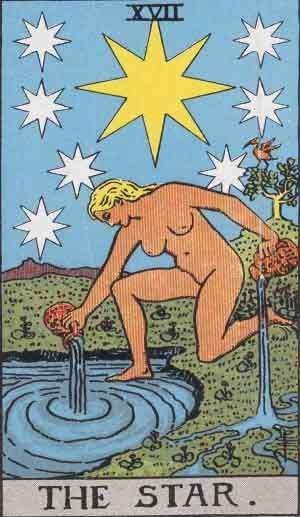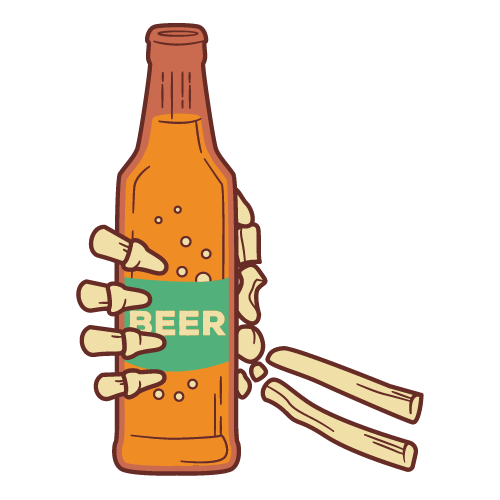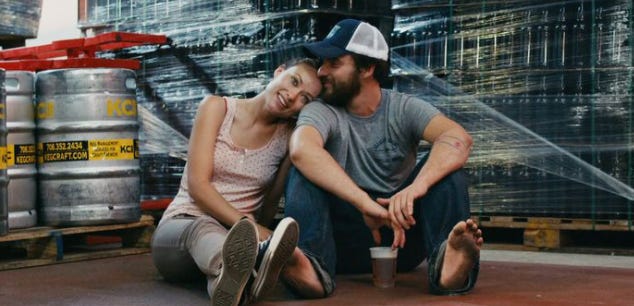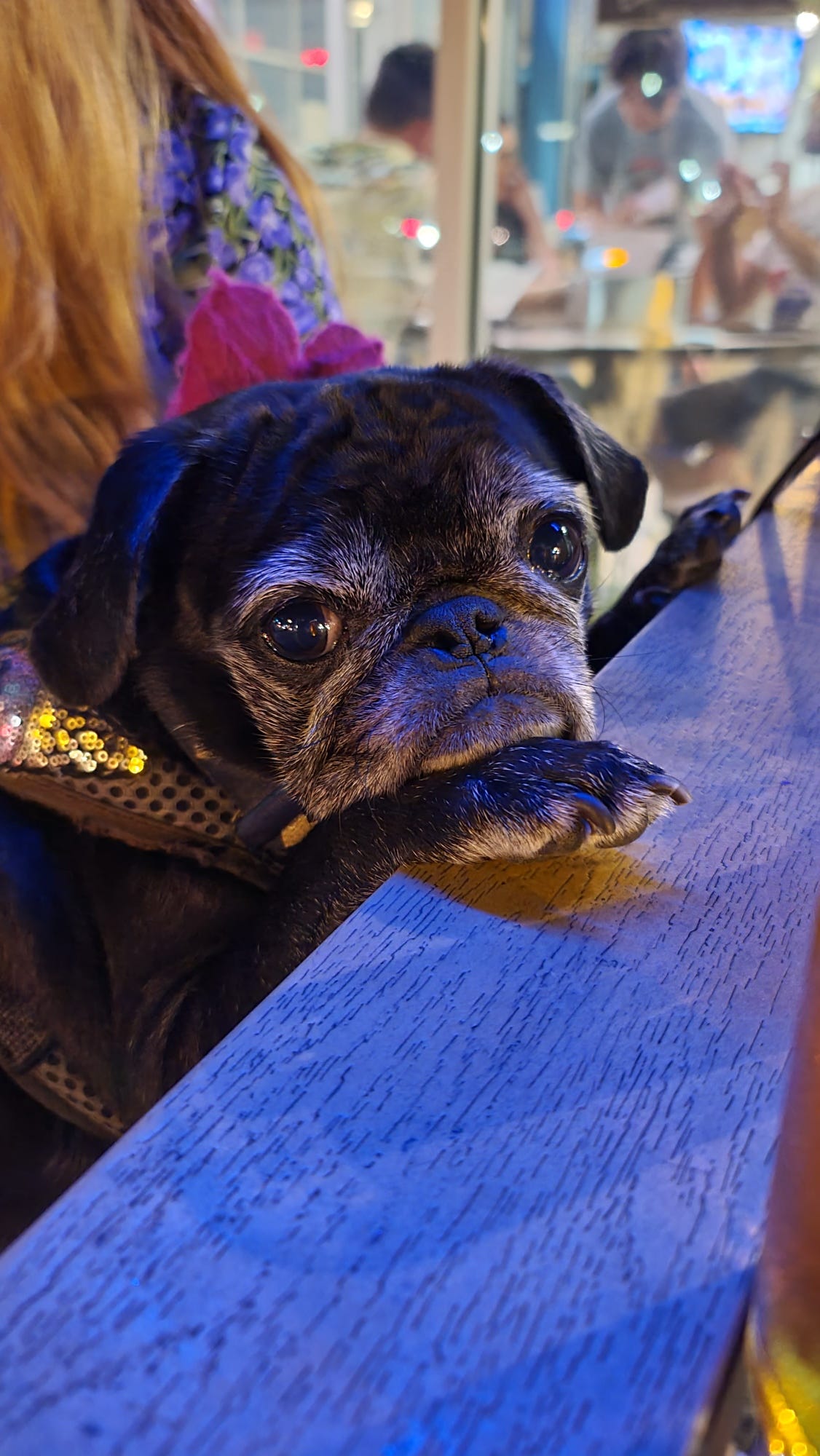19. An Eight Year-Late Hangover from "Drinking Buddies"
Realizing a movie about craft brewing might be *too* accurate; plus putting a little hope in your fridge.
In Which I Revisit an Old Favorite Movie Again and It Becomes a New Least Favorite
Sometimes I catch myself wondering why we don’t have more TV shows and movies that take place in the world of craft beer. And then I remember what those of immersed in this industry often have to tell ourselves, which is that this scene is so much smaller than it can feel when it’s your career, your hobby, or both. It’s easy to forget when so many of your friends and colleagues are also craft beer people, but that doesn’t accurately represent the beer-drinking population in the United States. A TV show about craft beer is talking to a very small audience, usually too small for a network or streaming service to see a reason to invest in it. That’s why we’re left with the absolute insult of a show that was Netflix’s “Brews Brothers,” compared to approximately 4,583 shows about doctors.
One filmmaker, however, carries the torch for craft brewing. Joe Swanberg has long been one of my favorites. His films, along with his Netflix series “Easy,” are all improvised, and his stories plus the work of some really talented actors weave quiet, relatable, funny and/or poignant tales. When Swanberg sets the action in the brewing world, he manages to do what “Brews Brothers” failed spectacularly at, which is appease beer geeks with inside baseball references but avoid alienating people who don’t care a whit about wits.
Swanberg’s more recent craft brewing focus took shape on “Easy,” with an ongoing story of two brothers who start homebrewing, then operate a speakeasy situation in their garage, and finally open a brewery, with plenty of feuding and law-dodging along the way. But recently, I started thinking about a 2013 film of Swanberg’s that was all about brewery life, and that I loved when I saw it: “Drinking Buddies.” I haven’t seen it since it debuted, and considering its entire premise is a will-they-or-won’t-they friendship between two brewery employees, I started thinking about it’s held up. These kinds of things don’t seem to age well, do they? So, I rewatched it, aware that this could alter my Swanberg fandom.
If you haven’t seen “Drinking Buddies,” the gist is: Olivia Wilde’s Kate works at a popular Chicago brewery with Jake Johnson’s Luke. They’re best pals, and are both in relationships, Kate with Chris, played by Ron Livingston, and and Luke with Jill, played by Anna Kendrick. (Right off the bat, by the way, this movie is not doing a great job with diversity.)
Now, remember, this is mumblecore. The entire plot, if you could call it that, is that Kate and Luke seem to genuinely love their partners, but also maybe each other? Let lots of codependent friendship scenes ensue. But I’m here for the portrayal of life working in a brewery.
“Drinking Buddies” filmed at Revolution Brewing, and one could theoretically spend this movie just picking up on innocuous craft brewing discrepancies, Easter eggs, and the like. For example, at one point, Kate and Luke are hanging out post-shift drinking a beer right in the brewhouse, sitting on the ground, and Luke is barefoot. And said bare feet are filthy. Dear reader, I screamed.
But let’s go deeper. One thing you pick up on right away is that Kate is the only woman working at this sort of fictionalized Revolution Brewing creation. She’s that jack of all trades that often exists on any brewery staff, working with distributors, planning events, and generally overseeing everything but the brewing, itself. On the plus side, everyone seems to, for the most part, respect Kate at work. But there is this vibe that the reason she is inundated with every little non-brewing task is because she’s the woman. The brewery owner, played by Jason Sudeikis in a role that’s fine, I guess, but nowhere near as nice as my dear Ted Lasso so I hate it, visibly passes things like endless phone calls and wooing distributors to Kate, like “Us men are the brains behind the brewing, you go be the soft, pretty thing that people like.” It’s very 1950s businessman counting on his wife to impress the boss with her casserole.
A TODAY article upon the movie’s release mostly focused on how craft beer-obsessed Swanberg is and how that’s why the proud Chicagoan likes to tie his work to Chicago beer. But commenting on the film’s characters, writer Jim Galligan says Kate is “a beer geek’s idea of the perfect woman: She’s smart, funny, low-maintenance, is gorgeous (duh) and drinks dark beer.”
Excuse me while I barf my dark beer up a little, Jim! To be fair, we have no idea if this writer actually believes that, too, or if he’s commenting on what he perceives a beer geek—which obviously everyone assumes means male—thinks. Either way, no thank you! And Swanberg tells on himself, here, too, explaining that intentional decision to have Kate drink dark beer: “Olivia drinks dark beers in the film because some people expect women to enjoy the lighter stuff, but she’s deeply into the beer culture.”
HAHAHAHAHAHAHAHA. I HATE IT.
One theme woven through the entire film is holy drinking, Batman. Kate and Luke and all their work friends drink so much. Like truly never not drinking. It’s beer after beer after beer. No water. Just beer. (And apparently that was actually happening on set, too!) Now, I’m sure there are plenty of places where the drinking hits close to this level, and we’ve heard about some of those workplaces and the problematic situations that arose there this year. But especially as you hear from more and more brewery workers about moderation, wellness, good decision-making, etc., and particularly in light of all those recent revelations, the sheer non-stop pace of chugging in this film shown with no real dire consequences is unsettling.
In one scene, the brewery team is out at one of their go-to bars, and Kate is really tying on one after breaking up with her boyfriend. As a male co-worker snuggles up to her, Luke tells Kate he’s heading out, so why doesn’t she come and he can walk her home. The male co-worker has other plans for Kate, though, and adamantly tells Luke, “she’s fine.” This dude and Kate hook up off-camera, and it’s all portrayed as consensual, but it does not feel good to watch play out considering how inebriated Kate is and how considerably less inebriated the guy seems.
Then, Luke loses his good guy image for the viewer, too, as he ices Kate out because she slept with someone else, even though she’s single and he’s not. The film pretty much descends into a clusterfuck of inappropriate and problematic behavior, albeit short-lived before Kate and Luke make up. You never really like the male characters again, though, after watching the way they treat a female co-worker be totally ruled by sex and their feelings toward her.
By the time this movie ended, my feelings about it and Swanberg had obviously changed. But in a sad way, I think “Drinking Buddies” absolutely held up. Because it captures so much of what’s been wrong with craft beer culture that we’re literally only starting to confront right now. These ideas of there being such in-demand breweries that people who brew there can act however they want; that you should want to work at those breweries so badly you’d be willing to put up with anything; that because it’s a brewery, basic workplace behavior expectations don’t apply and people can drink and make women feel objectified and even threatened…these elements were all there all along, hidden under the haze of us all viewing craft beer like this bohemian, artistic, no-rules beast, where we didn’t have to closely examine anyone’s behavior because everyone was supposedly united under this pious goal of sticking it to Big Beer.
“Drinking Buddies” is a perfect snapshot of that time. It’s so 2013, but it’s also so pre-May 2021, and it’s a view of beer I don’t want to see again.
Beer Tarot!
This week I pulled The Star.

The Star is number 17 in the Major Arcana. It has a message of hope, guidance, and inspiration. I’d have to get too nitty-gritty-tarot for a beer newsletter to fully explain how The Star’s order in the deck shapes its meaning, but suffice it to say, this card specifically speaks to hope and healing after destruction.
I feel like I keep pulling cards desperately trying to tell us that there is hope despite the collective feeling that we’ve been shoved into a washing machine and are thrashing around on spin cycle with racism, misogyny, a global health catastrophe, and the crushing fist of capitalism. I don’t think these little cards are wrong—thank you, little cards! I mean, think about Robin Leblanc’s piece I linked to last issue. In the midst of all this darkness, people are making change. And that is wholly inspiring. There are still things to be excited about. A star in the dark sky, if you will.
The Star makes particular note of a new positive outlook manifesting in projects that will make you happier at home, like finally remembering you are worth splurging on a new mattress, or that putting your desk by that big window will help you feel more productive at work. This all got me thinking about how this is a perfect time to invest in a bottle or two of some really special beer. Put a little hope, a little light, a little something to look forward to, a little celebration into your fridge. Maybe that’s a Cantillon Gueuze, or maybe it’s the Make Art Not Content from Keeping Together, a beautiful saison with coffee, sage, peach leaves, and honey. (I just drank this at Half Acre, and it was heavenly!)
This Week’s Boozy Reading Rec
Personally, I think the most important reading to do this week is Ash Eliot’s most recent Women of the Bevolution newsletter issue, “Remember the Brave Voices. Speak Up.” Ash flags the relentless issue of performative action from breweries, calls out that alarmingly few breweries have signed on to participate in the Brave Noise collaboration (seriously, I want to know, what is going on there??), and speaks about the major issue of the media failing to cover the real issues of racism, sexism, discrimination, and abuse in craft beer. There is so much posturing on social media with breweries branding themselves as allies and active contributors, and there are so many opportunities to cover what really matters in the media, but it feels like more often than not, too many are—maddeningly—falling so short.
Bonus: A Very Special and Important Event Rec
A brewery who is very much doing the work and truly, actively contributing to real change is Trillium. Trillium participated in the Brave Noise collab, but did not stop there. They are having an incredible event to launch their brew. On October 13 at Trillium’s Canton location, co-owner Esther Tetreault will moderate a panel of HR, DEI, and legal experts for an audience of small business owners. In other words, this is a fantastic opportunity for the people leading breweries and other businesses to learn how to create, maintain, and grow a safe and welcoming workplace. Tickets are $55 with 100% of the proceeds benefiting Lawyers for Civil Rights, Boston. Registration info is here.
Until next week, here is Darby trying to stay awake at Beach Haus Brewery.







